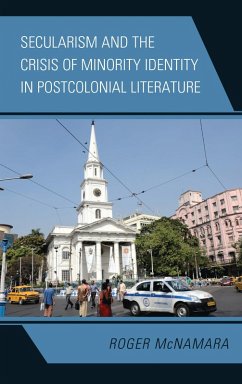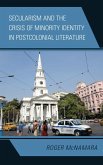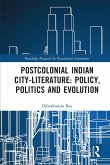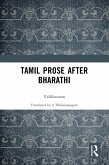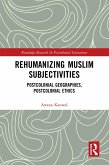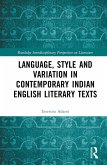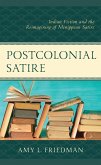Secularism and the Crisis of Minority Identity in Postcolonial Literature examines how writers from religious and ethnic minority communities (Anglo-Indians, Burghers, Dalits, Muslims, and Parsis) in India and Sri Lanka engage secularism through novels, short stories, and autobiographies. Given the rise of Hindu nationalism in India and Sinhala-Buddhist nationalism in Sri Lanka, it would seem obvious that minorities would rally around secularism (the separation of church and state). However, this bookargues that the relationship between minorities and secularism is extremely ambivalent. On the one hand, it shows how writers belonging to oppressed communities can deploy secularism as a mode of critique (secular criticism) to challenge the ideologies of dominant groups-the nation, upper-castes, and religious hierarchies. On the other hand, it examines how these writers reveal that other aspects of secularism (secularization and secular time) are responsible for creating essentialized identities that have not only exacerbated relationships between majorities and minorities and between minority groups, but have also created tension within minority groups themselves. Turing to aesthetics and religious faith, these writers attempt to undermine secular social and cultural structures that are responsible for this crisis of minority identity.
Bitte wählen Sie Ihr Anliegen aus.
Rechnungen
Retourenschein anfordern
Bestellstatus
Storno

